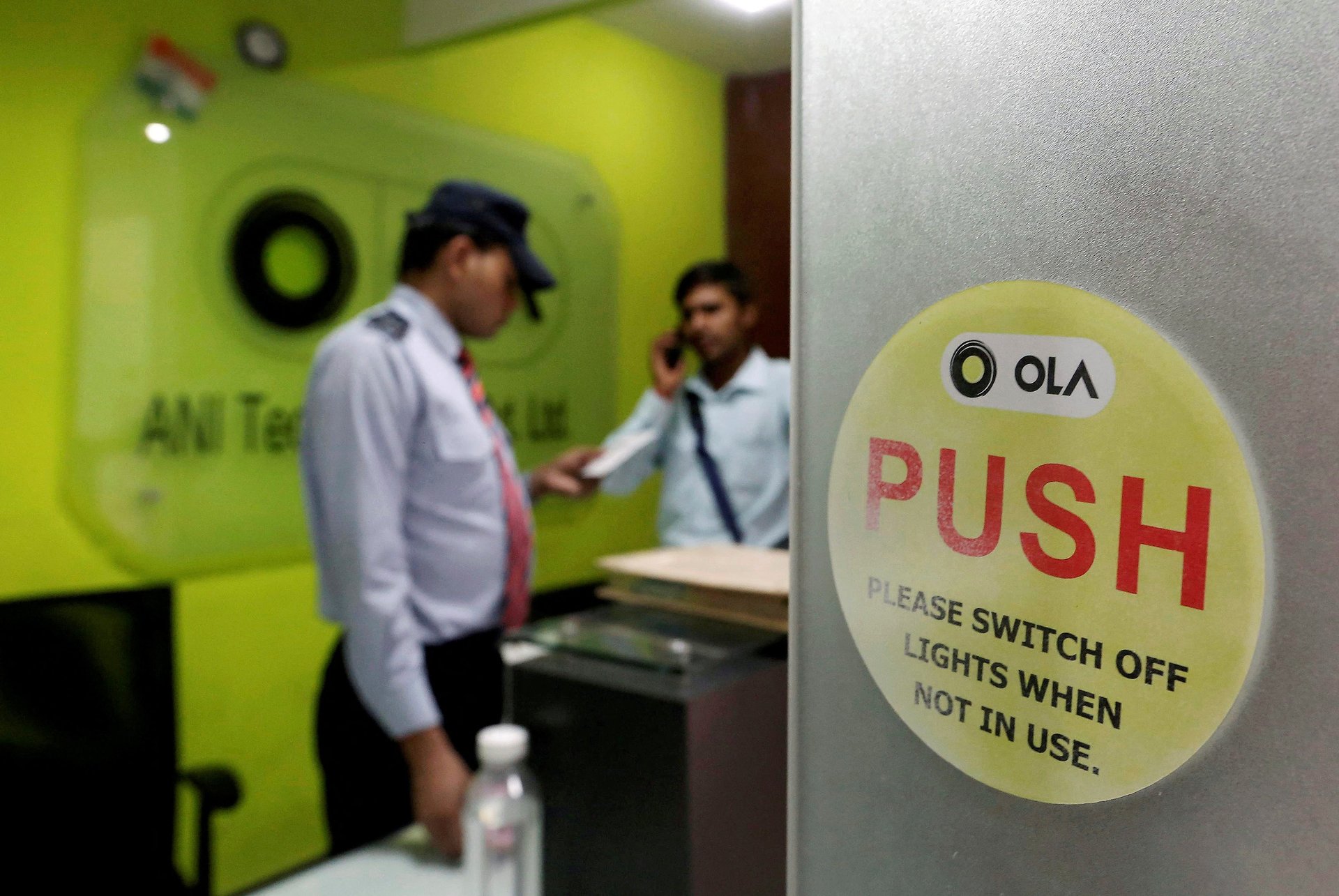Has the pressure to perform turned Ola Electric into a toxic workplace?
Angry outbursts and bizarre and ruthless punishments are giving Bhavish Aggarwal's company a bad name.

The work culture at Softbank-backed Ola Electric is grabbing some attention it didn’t need.
Employees of Ola Electric have revealed that the work culture at the five-year-old company has turned “hostile” over the past couple of years, Bloomberg has reported.
Speaking on conditions of anonymity, employees told the publication that founder and CEO Bhavish Aggarwal’s ruthless and abrasive behaviour at work has not only alienated staff but has upset the board members, too.
The claims have come at a time when Ola is looking to become synonymous with India’s EV ambitions. The company already operates the country’s largest two-wheeler factory.
The work culture in question at Ola Electric
The Bloomberg report quoted some former and current employees as saying that 37-year-old Aggarwal has often lost his cool at matters like the language of presentations or paper quality.
“In meetings, Aggarwal ripped up presentations because of a missing page number, directed Punjabi epithets at staff and called teams ‘useless,’” the report said.
“Meetings scheduled for an hour often lasted 10 minutes because Aggarwal would lose patience over a superfluous sentence in a memo, a crooked paper clip, or the quality of printing paper,” it said.
In another incident, the CEO reportedly asked an employee to run three laps around the 500-acre Ola Futurefactory because an entryway that was supposed to be left open was shuttered.
Ola Electric is struggling to retain executives, especially at the C-suite level. The Bloomberg report said some professionals, including Zilingo’s former chief financial officer Ramesh Bafna, had decided not to join Ola Electric even after formally accepting job offers.
What Bhavish Aggarwal has to say
“Not everybody is a fit for our culture,” CEO Aggarwal told Bloomberg when asked about his management style. “There’s no world standard on an even, sterile work environment.”
Defending his behaviour, Aggarwal also said “passions and emotions run high and we are not on an easy journey.”
“But I don’t want to choose an easier journey for myself or for Ola. My anger, my frustration—that’s me as a whole,” Aggarwal said.
